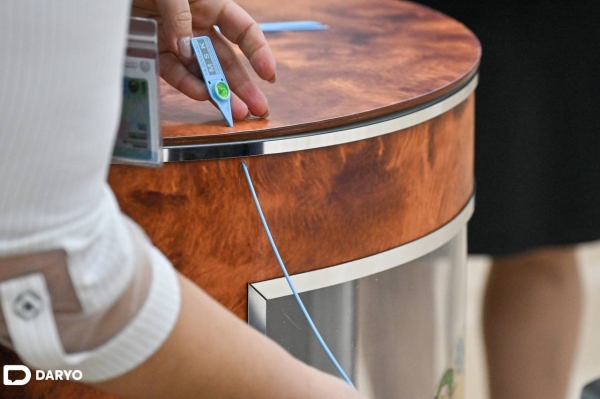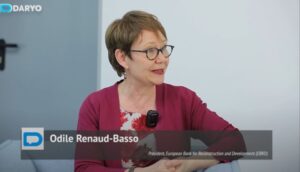Uzbekistan took a major step in its democratic journey on October 27, as voters turned out to elect members of the Legislative Chamber of the Oliy Majlis and local Councils of People’s Deputies (Kengashes). This legislative election, the first held under the country’s 2023 constitution, drew a notably high turnout and reflects the reform-driven agenda led by President Shavkat Mirziyoyev, who secured his second term last year.

Polls opened across the country at 8:00 AM, and by 3:00 PM, the Central Election Commission (CEC) reported that over 12.5mn citizens, representing 63% of the 19.9mn eligible voters, had cast their ballots. The five parties competing in the election each presented distinct platforms, covering a spectrum of liberal, socialist, and environmental policies, all promising a commitment to reform and development.
Nizamkhodjaev Zayniddin, the head of the CEC, stressed the importance of the high voter turnout, linking it to a deepening confidence in Uzbekistan’s democratic institutions.
“Without free and fair elections, reforms can only go so far,” Zayniddin said. “Laws come from parliament, and the candidates who win these seats must know they have earned public trust. The high turnout indicates that our citizens value this social contract and understand the importance of choosing their representatives. We are pleased to have held a successful, modern, and technologically accountable election in which the public can take pride.”
The CEC’s efforts to modernize the electoral process included a hybrid voting model, inspired by Germany’s approach. Half of the 150 seats in the Legislative Chamber are awarded through direct constituency votes, while the other half are distributed proportionally among party lists, with a 7% threshold for representation. This model is designed to encourage party competition while maintaining a balance between national and local interests.
In August, the CEC approved five parties to participate in the elections, collectively aiming to fill the 150 legislative seats and nearly 6,000 Kengash seats across the country. Each party’s manifesto included elements aimed at economic reform, social development, and environmental sustainability, echoing the broader reforms spearheaded by President Mirziyoyev.




